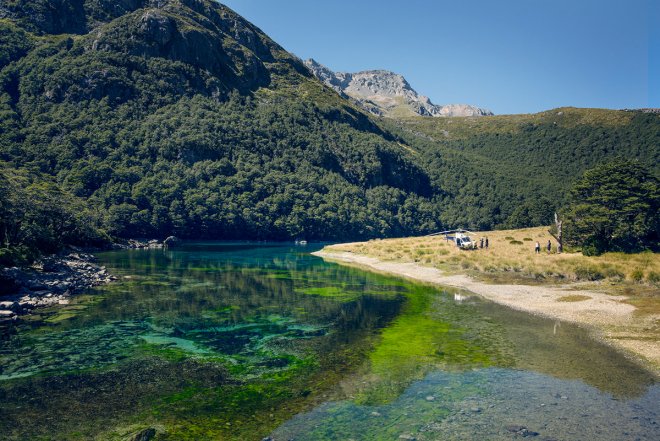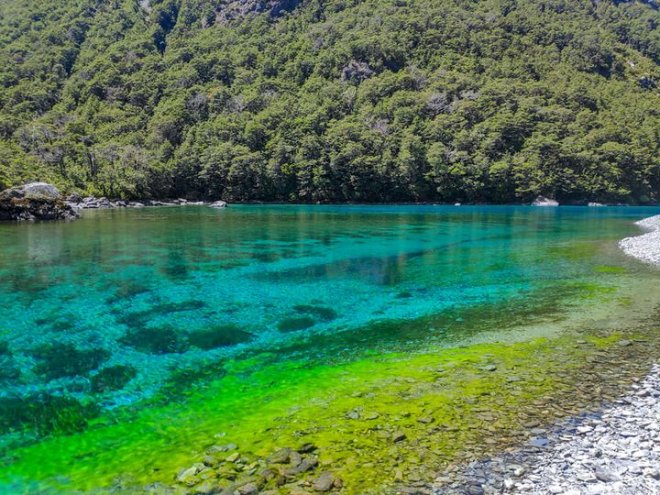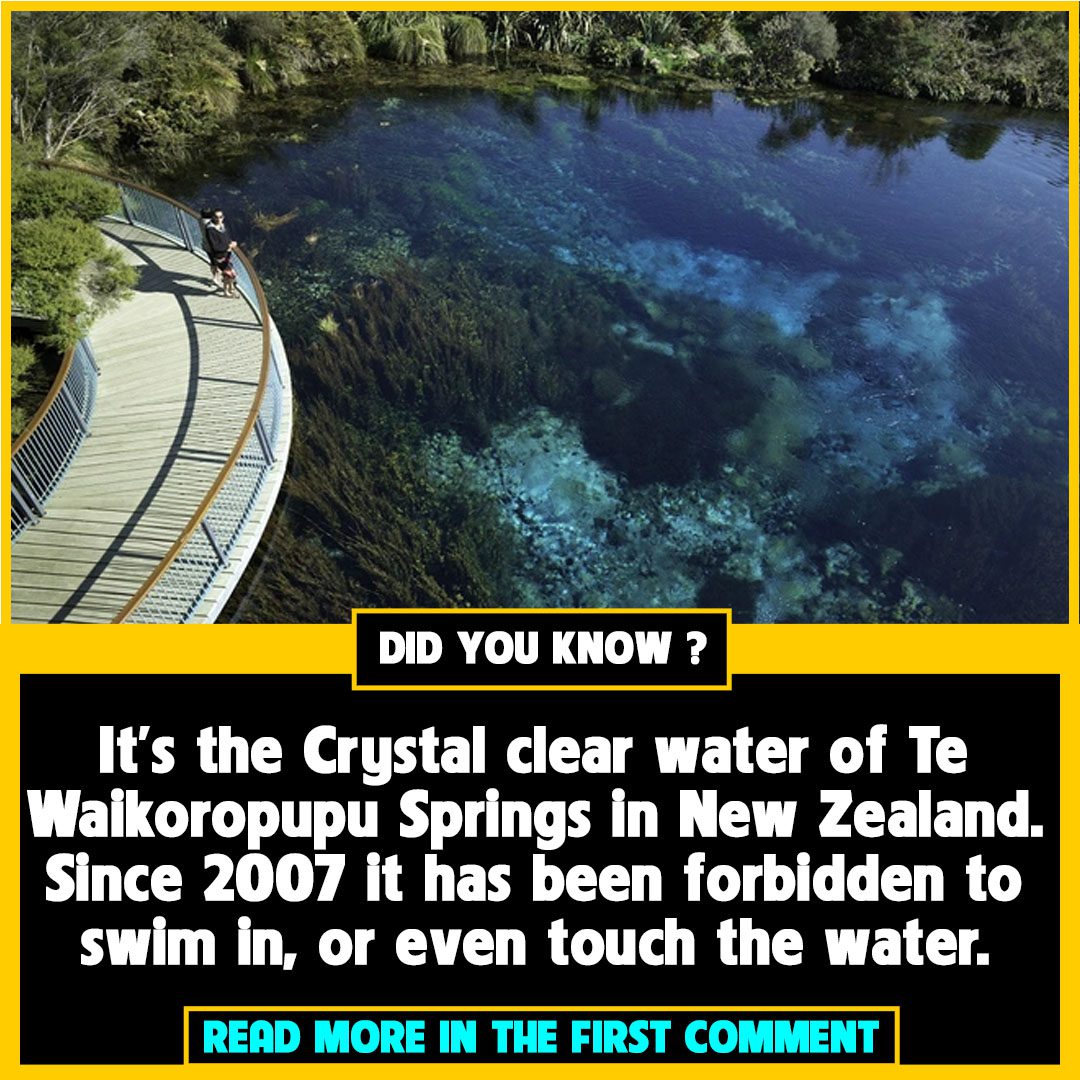Introduction
In scenic Nelson Lakes National Park in New Zealand, we find Rotomairewhenua, or Blue Lake. Known for its pure waters, this lake is a natural wonder, captivating visitors with its tranquil beauty and unique stories.

The Enchanting Journey:
This story starts up in the mountains, where the lake gets its water from nearby glacial Lake Constance. A dam, formed from a landslide long ago, protects the lake and makes it pure. The water flows through this filter into Green Lake, becoming as clear as distilled water.

Scientific Marvel:
In 2011, the New Zealand National Institute of Water and Atmospheric Research (NIWA) tested the water. These tests proved that Blue Lake is the clearest natural lake worldwide. You can see underwater up to an incredible 81.4 meters, a clarity similar to distilled water.
In 2009, Green Lake caught a scientist named Rob Merriles’ attention. He compared water samples from Green Lake with those from Te Waikoropupu Springs and found an interesting fact: Green Lake is clearer! NIWA confirmed this finding in 2011, shining a spotlight on Green Lake’s exceptional clarity.

Visionary Testing:
Mark Gall from NIWA demonstrated a novel approach to determine how clear a body of water is. He explains, “We attached a black, one-meter disc to a buoy and secured it near the shore. Then we moved away, always keeping the disc in view. The point when we couldn’t see the disc anymore is called the vision.” By using this method, they uncovered that Green Lake’s purity matches that of distilled water.

Cultural Reverence:
Green Lake is nestled high at an altitude of 1,200 meters and remains quite cool, with temperatures between 5 to 8 degrees Celsius. The Ngati Apa ki te Ra To, the local Maori people, have always considered Blue Lake sacred. Known as Rotomairewhenua, translated to ‘lakes of peaceful lands’, strangers are not permitted to get too close, let alone swim in its pristine waters.
The Maori customs relate closely to Blue Lake. The water was used traditionally by the Maori to cleanse the bones of deceased men, while Lake Constance served a similar role for women. The path from Blue Lake to Farewell Cape is considered holy, representing the journey of souls after death, ending at the peaceful Sabine valley.

The Cultural Significance:
Kiley Nepia, the South Island’s Maori community’s cultural manager, spoke passionately about his deep spiritual bond with Blue Lake. He remarked, “It’s clear why our ancestors chose this lake for ceremonies. Visiting conjures a feeling of peace. For churches, baptismal or blessed water is sacred. In the same way, these waters are sacred for Ngati Apa ki te Ra To people,” he shared.

Recording Nature’s Balance:
Back in 2013, Danish picture-taker and eco-activist, Klaus Thyemann, got an okay from the Maori tribe, NIWA, and New Zealand’s nature authority to snap pictures of Green Lake. His photos show how nature and culture can live side by side, highlighting the lasting charm of this secluded haven. Come with us on a digital tour of Blue Lake, a spot where simple natural charm and cultural wealth come together to form an awe-inspiring scene.

